With suspicion of collaborating with the Nazis arising, Czech aristocrats hastily flee their castle in the closing of World War II, but first hide their treasures which included a priceless reliquary and an extraordinary stash of 19th-century wines. Four decades later an American would come along and ask the then communist Czechoslovakia to allow him to recover something (on behalf of the family) that had been hidden in the country. The matter would be kept private in exchange for $250,000. But unknown to the American tasked with retrieving the items, the secret police would begin their own search for what had been left behind. Two weeks before the scheduled transaction, police would start their own search. The collection had been hidden under floorboards of a chapel at Becov castle, along with the precious reliquary of St. Maurua, which supposedly had in its contents, part of a finger of St John the Baptist. It is one of the Czech Republic’s two most important historical artifacts, alongside the crown jewels kept at Prague Castle. The police would find the priceless reliquary and the bottles would go unnoticed.
Sitting in the same wooden shelves for decades, the wine would finally draw attention to itself when the chateau took inventory of its furnishings. The collection has different wines from several countries including France and Spain. Early estimates put the value of the collection at €740,000 euros. ($830,000) A rare Chateau d’Yquem 1896, Pedro Ximenez 1899 and Porto 1899 are among the vintage 133-bottle collection. Age aside, the collection is made unique and more valuable due to the circumstances of its discovery. The bottles are due to be recorked in the famous French wine area of Chateau d’Yquem near Bordeaux to extend the lifespan of the wine. The future of the collection is still unclear but the past has given us a vivid reminder of how sweet history can be.
ritten by Jefe Dubois

